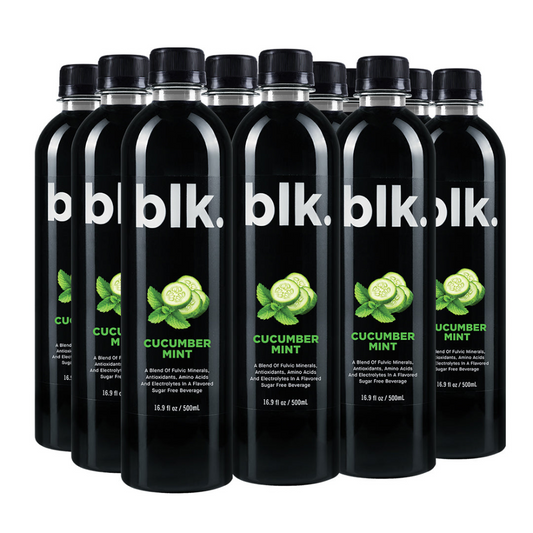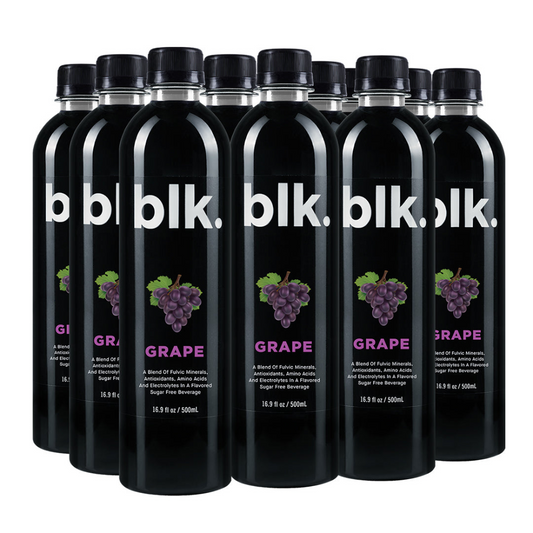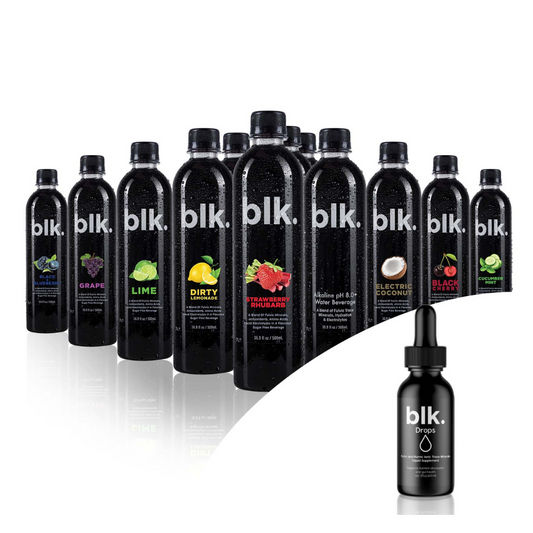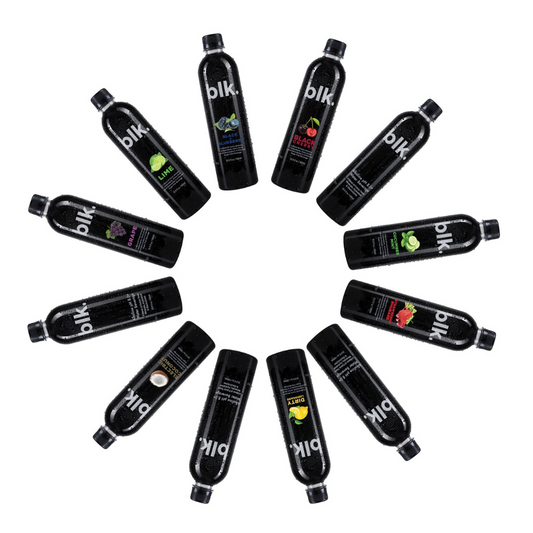
Plant-Based Proteins: Key to Sustainable Muscle Growth
This Article Will Answer The Following:
- Health benefits of plant-based proteins
- Examples of common plant-based proteins
- How plant-based proteins contribute to muscle growth
- How to maximize muscle growth with plant-based proteins
- How to include plant-based supplements in your diet
There are two sources of proteins, plant and animal-based protein foods. While animal-based proteins are obtained from animal products such as beef and milk, plant-based proteins come from different parts of plants. Both of these proteins have perks and disadvantages, which you should know.
Today, we focus on plant-based proteins and the key factor that helps you achieve sustainable muscle growth.
Introduction to Plant-Based Proteins
Plant-based proteins are derived from beans, nuts, legumes, soybeans, hemp seeds, wild rice, chia seeds, and spirulina. These types of proteins are usually prevalent in vegan and vegetarian diets.
While vegans opt for strict diets, vegetarians may consume animal-based protein sources such as whey.
Popular Plant-Based Protein Sources
The most popular plant-based protein sources include soy, pea, hemp, and rice. Let's find out what they have to offer
Soy Protein
Soy protein is derived from soybean, a common legume in Asia. It is usually one of the most recommended plant proteins as it has the amino acids the body cannot synthesize. Primary soy protein sources include tempeh, whole soybeans, isolated soy protein, and tofu.
Pea Protein
Pea protein is obtained from the pea plant, a common legume. Like soy, it is one of the few complete plant-protein sources and can be used as a dietary supplement in plant-based diets. Common pea protein supplements include pea isolate powder, pea protein concentrate, pea protein textured, and pea protein crisps.
Hemp Protein
Hemp protein is also another complete plant protein source. It has all the nine amino acids that can only be obtained from our diets, albeit in relatively low amounts. This vegan protein is obtained from the cannabis plant and comes packed with fiber, unsaturated fats, antioxidants, and minerals. Don't shudder at the mention of cannabis because this plant-based protein doesn't contain any THC and can't get you 'high.' Familiar sources of hemp protein include hemp protein powder and hemp seeds (including shelled seeds).
Rice Protein
The last protein source on our list is rice protein. It is a rich plant-based protein obtained from brown rice, fermented rice, and sprouted rice. Like the above-mentioned plant-based proteins, it is not a complete protein. The only difference is that it has a low lysine concentration.
The Science Behind Plant-Based Proteins and Muscle Growth
Plant-based proteins contain all the necessary amino acids. Three of these amino acids, i.e., leucine, isoleucine, and valine, have muscle growth and recovery stimulation properties. For example, leucine activates the mTOR pathway, stimulating muscle protein synthesis for muscle building and recovery. Other benefits of branched-chain amino acids related to muscle growth include reduced exercise fatigue, decreased muscle soreness, and muscle wastage prevention.
Other Health Benefits of Plant-Based Protein Apart from Muscle Growth
According to scientific studies, plant-based protein may decrease the risk of chronic illnesses like high cholesterol, high blood pressure, many cancers, type 2 diabetes, heart disease, obesity, and stroke. Also, it has been proven to improve weight management, nutritional value, better digestion, plus it's an environmentally-friendly option.
Challenges of Plant-Based Proteins For Muscle Growth
While plant-based proteins have gained popularity over the years, it presents some noticeable challenges, especially regarding muscle growth. They are
- Low protein quality - The lentils, grains, and beans proteins have lower protein quality than animal-based proteins. This means they do not contain all the amino acids needed to build your muscles. It is vital to consume a wide variety of other plant protein sources to gain a complete amino acid profile.
- Slow digestion - Plant-based proteins are also considerably more difficult to digest than animal-based proteins. This somewhat limits the amount of protein that the body can absorb. It should be noted that soy - a plant-based protein - is more quickly digestible than beans and legumes.
- Low protein density - Plant-based proteins are often less dense in protein compared to animal-based proteins. For instance, a serving of lentils contains 18 grams of proteins, while a serving of chicken breast has close to 30 grams of proteins. This only means you'd have to consume more plant-based protein for your body to absorb the same amount of proteins as animal-based proteins.
Consuming a considerable amount of plant-based proteins with other nutrient-dense foods is essential to improve and sustain muscle growth.
Can Plant-Based Diets Help in Muscle Growth
Vegans and vegetarians generally consume plant-based diets (loosely translated as meals devoid of animal products). Even though some vegetarians eat animal-based products, their options are usually limited compared to the ones without dietary restrictions.
Based on the challenges we saw in the previous section, we still find it quite possible to have muscle growth with a plant-based diet only when vegans ensure adequate protein intake through protein supplementation. Some of the best plant-based foods for muscle growth in a restricted diet include spirulina, beans and legumes, chia seeds, and quinoa.
Best Practices for Muscle Growth With Plant-Based Proteins
Compound Exercises
If you want to grow muscles in a plant-based protein, consider carrying out physical exercises such as bench presses, shoulder presses, deadlifts, and squats. Compound exercises can help in training several muscle groups simultaneously.
Timing
Ensure that you consume plant-based protein supplements pre and post-workout. Pre-workout consumption helps with endurance and strength, while post-workout consumption can help improve recovery and muscle growth.
Dosage
A scoop of plant-based protein before your workout and another should help you gain muscles.
How to Incorporate Plant-Based Protein Supplements in Your Diet
Are you considering infusing plant-based proteins and supplements into your diet? It comes with a truckload of benefits, including regulating your immune system, gene expression, structural cell formation, and boosting your protein intake.
Add lentil soup, quinoa salad, almond butter smoothies, or even chickpea curry to your daily meals.
Conclusion
Plant-based proteins can also help you build muscles if you consume the required amount. Additionally, remember to combine intake with training and exercise, as it may help build your muscles.
Frequently Asked Questions
-
What Are the Best Plant-Based Protein Sources For Muscle Growth?
-
Are Plant-Based Protein Supplements as Effective as Whey Protein?
-
How Much Plant-Based Protein Supplement Should I Consume For Muscle Growth?
-
Do Oats Have Protein?
-
What Vegetables Have High Protein Content?
-
Which Leafy Green Has the Most Protein?




